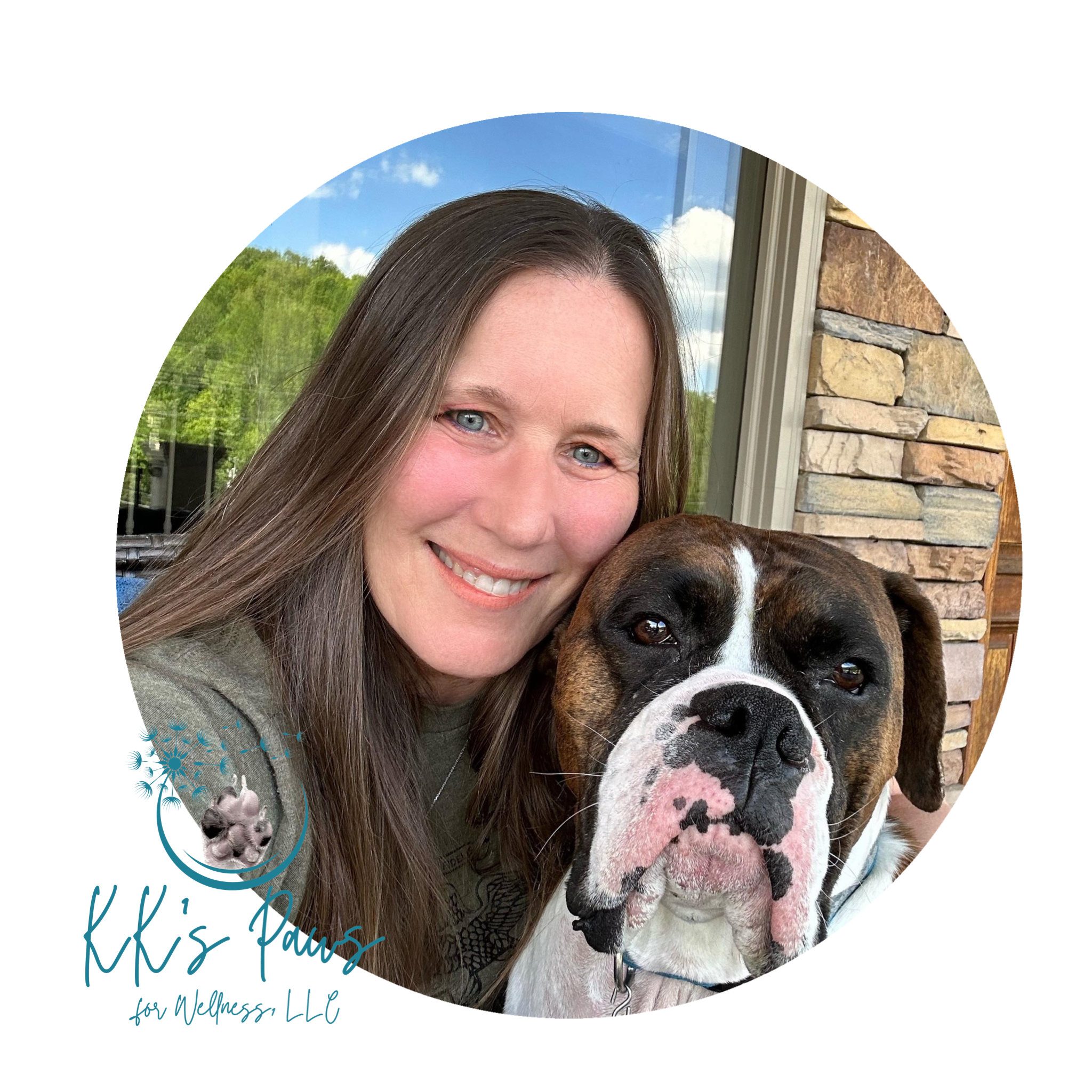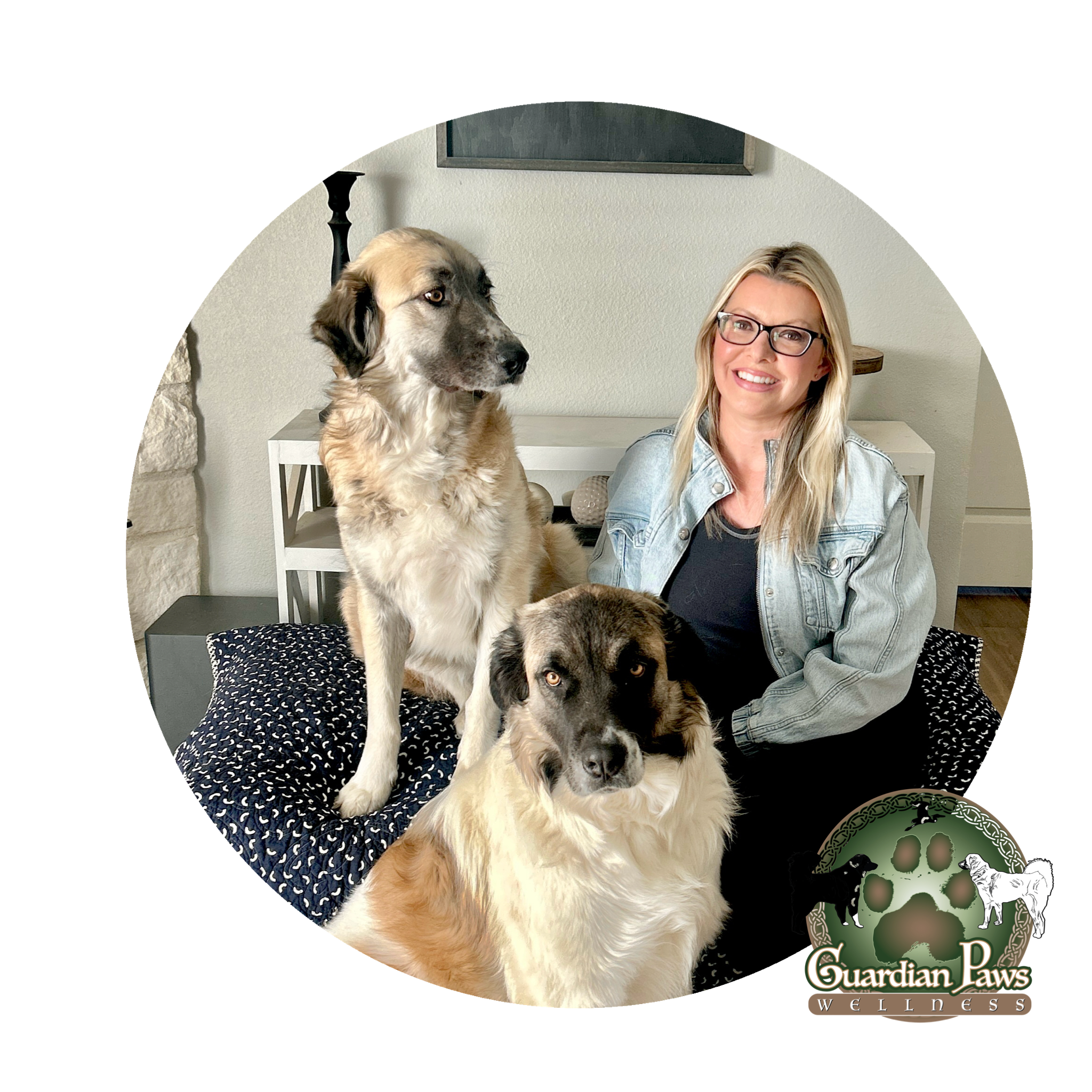
Why Choose Us?
Why Choose Us?
Between the rising number of nutrition “professionals” who have completed programs with minimal training and the overwhelming misinformation circulating on the internet and social media, it’s no wonder that pet parents find it so difficult to navigate the confusing and contradictory landscape of pet nutrition. From the insistence that dogs need grains in their diet, to the idea that spaying or neutering your pet is appropriate (and even optimal) at one year of age, to the belief that repeated vaccinations are necessary throughout your dog’s life to keep them safe, the myths and misinformation are plentiful. It's understandable why pet parents can feel overwhelmed by this barrage of conflicting information.
One of the most frustrating misconceptions is that a dog’s diet must be "complete and balanced" in every bite of every meal and that this can only be achieved through the use of synthetic supplements. Veterinarians get very little nutrition related education in veterinary school and many are reluctant to pursue continuing education on the subject of fresh food feeding. This leaves many pet parents without a trusted source of reliable information about how to best feed their individual pet and how to cover all of their nutritional bases.
Additionally, It’s all too easy to come across cringe-worthy, and sometimes false, information on social media regarding if and when to spay or neuter your pet. Many people are unaware that our animals sex organs produce hormones that are part of a negative feedback loop that is necessary for proper growth and development.
And the misinformation around vaccinations and their effectiveness and safety has taken on a dangerous and political life of its own.
So, let’s take a moment to provide you with a glimpse of what a consultation would look like with one of our knowledgeable nutritionists!
From puppies to seniors to dogs diagnosed with cancer, one principle remains constant: Diet will be the foundation of everything you do. This foundational aspect is crucial, as diet influences everything in the body. From skin conditions and environmental allergies to GI issues, arthritic inflammation, chronic illness and even cancer, diet is the key to health or the key to disease.
We start with the diet, which should be completely free of legumes, lentils, grains, and starches. This means excluding foods like grains, pasta, beans, green beans, peas, potatoes, sweet potatoes, rice and even everyone's favorite, peanut butter! Many of these items break down into sugars, which feed yeast, inflammation, and cancer.
Additionally, foods like quinoa and green beans are classified as anti-nutrients, meaning they absorb nutrients from other foods, making them less bioavailable for your dog’s body.
Now, let’s address the concept of “balance.” This term has been coined and marketed by kibble companies that have consistently let us down as consumers. The idea that we achieve health by “balancing” a diet through the use of synthetic supplements is misleading. As humans we often struggle to absorb synthetic nutrients and filter them out through our liver and kidneys. The same is true for our pets. Synthetics are NOT the same as natural substances. They do not absorb the same way in the body and they are missing critical cofactors that are necessary for proper absorption and use by the body.
Instead, we should consider whole food sources like organ meats, vegetables, medicinal mushrooms, eggs, and fish for our vitamins and minerals. These options are not only healthier but also more cost-effective than that synthetic supplement you might find from social media veterinarians who often prioritize their own profit over your pet’s well-being.
The idea that “you can’t feed a senior a raw diet” is simply not true. We have successfully transitioned many senior dogs to a raw diet, and seen them thrive! We have helped puppies switch to a gently cooked diet after their systems were compromised by just two rounds of Panacur (fenbendazole). It is essential to feed the individual dog in front of us! My dietary needs are different from yours, so we cannot assume that a one-size-fits-all recipe is suitable for our pets day after day, year after year, simply because it’s been labeled as complete and balanced. When was the last time your vet suggested that you should be switching your dog’s kibble on a monthly basis? It’s time to challenge these outdated notions and prioritize what truly works for each unique dog.
Another important aspect that is often overlooked, whether you’re a raw feeder or someone who prefers gently cooked meals, is the temperature of your dog’s food when you serve it to them. Warming it up can help ensure that it’s more easily absorbed when it enters their gut. Their digestive systems are much shorter than ours, which means their bodies have less time to assimilate what they have eaten. Warming the food, raw or cooked, can help this process along.
Consider this: when we travel overseas, we often notice that they don't serve "ice" with beverages. The cold can significantly impact nutrient absorption, pain levels, and gut issues like acid reflux and digestion disruption, as well as skin and circulation problems. And let’s not forget that when a wolf stalks its prey and makes a kill, that meal is warm. Understanding these principles can make a meaningful difference in your pet’s health.
Hormones play a crucial role in allowing both humans and dogs to grow to their full potential, but the question remains: at what age should we be altering them? A striking case study released two years ago revealed that one in two Rottweilers diagnosed with osteosarcoma had been altered before the age of three. This has raised some important questions about our current practices here in the US. In the UK, it is illegal to alter a dog without a medical condition justifying the procedure. So, why is that not only acceptable, but sometimes required here?
With regard to vaccination, we know that puppies carry their mother’s antibodies until about 12 to 14 weeks of age. This makes it perplexing that we continue to vaccinate them at six and eight weeks, especially when we understand that over-vaccination at a young age can lead to a lifetime of skin issues and a weakened immune system. It’s time to rethink our vaccination protocols and consider the long-term health implications of early and repeated vaccination of our pets.
**Unleash the Power of Holistic Health for Your Pets!**
Join us in a transformative journey to elevate the well-being of our beloved furry companions. Embrace a holistic approach that nurtures their body, mind, and spirit, ensuring they live their happiest and healthiest lives.
Take action now! Educate yourself with accessible resources, seek expert guidance, and discover natural solutions that cater to their physical, mental, and emotional needs.
Together, we can cultivate a vibrant community where pets and their humans flourish in harmony.
Don't wait-empower your pet's wellness and make a difference today! Let's create a future where every pet thrives.
Testimonials









